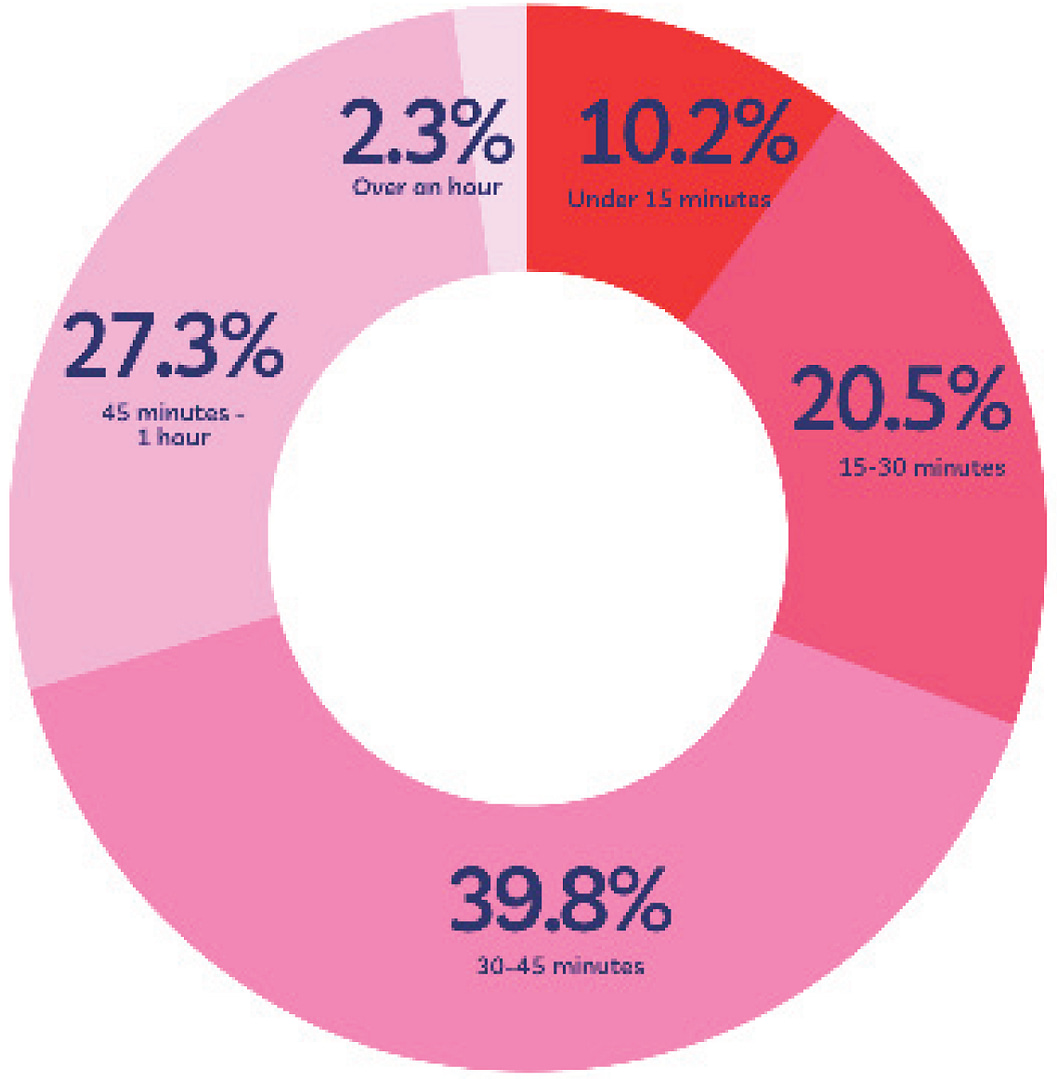Administrators recently announced a new system for academic honors at graduation.
The plan, revealed to seniors during their Magis periods, involves three tiers of recognition: Cum Laude, Magna Cum Laude and Summa Cum Laude. The levels, which increase in difficulty, require students to demonstrate academic excellence throughout their four years at Loyola.
Cum Laude, which replaces “Highest Honors,” is mostly a name change, according to Assistant Principal for Curriculum and Scheduling, Andrey Aristov. Students receiving a Cum Laude award must maintain a minimum weighted GPA of 3.50 in each semester over their first seven semesters.
Additionally, recipients cannot have any Level 2 violation of academic integrity. Should a student fail to meet the 3.50 GPA standard in one semester, he may submit a petition to be considered for the award.
The Magna Cum Laude award, a step higher than Cum Laude, requires students to maintain a cumulative GPA of 4.20 or higher after seven semesters. Like Cum Laude, Magna Cum Laude disqualifies any student with a Level 2 violation of academic integrity; in fact, students with academic integrity infractions during their junior and/or senior year are automatically dropped to Cum Laude status. Students may not petition for reconsideration if they do not meet Magna Cum Laude requirements.
Summa Cum Laude, the highest level of scholastic recognition, is virtually the same as Magna Cum Laude; the only difference is students must maintain a minimum weighted GPA of 4.40 or higher after seven semesters.
The changes follow Loyola’s departure from the Cum Laude Society, which the school pledged membership to for over 25 years.
“We are making ourselves more aligned with what is a more traditional award pattern, and I think that is attractive because everyone understands what that means,” Aristov said. “To get a recognizable commendation has its merits.”
Aristov said the shift benefits students in numerous ways.
The addition of the Magna and Summa Cum Laude awards helps distinguish the strongest academics, according to Aristov.
“Loyola has some extraordinarily strong students, and it’s nice to be able to distinguish the superstar students–– those who have been working so hard to get those really high GPAs, the 4.2’s and the 4.4’s,” Aristov said.
Additionally, the new system parallels collegiate academic recognition, helping Loyola conform to a universally recognized series of awards. Moreover, the system honors more students by measuring them against their own performance, not that of the entire class like the Cum Laude Society.
In light of these changes, the Class of 2016 would have had 144 awardees: 79 at Cum Laude, 38 at Magna Cum Laude and 27 at Summa Cum Laude.






Comments are closed.